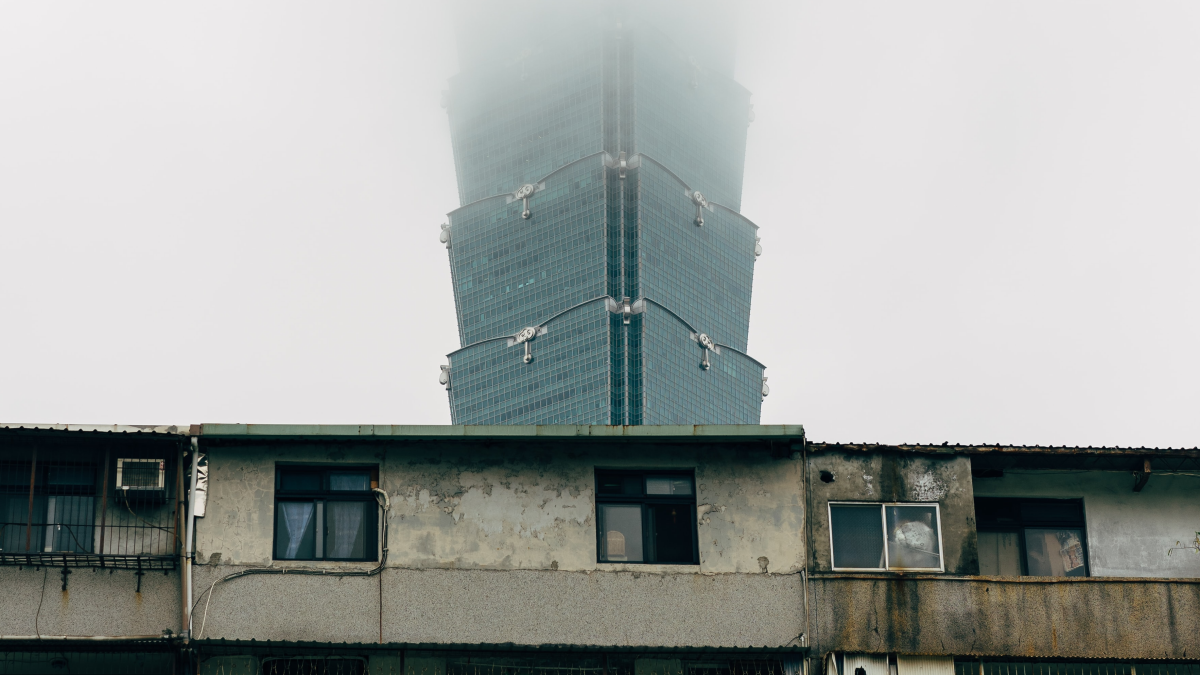
4 min read
Twitter Stories: Environmental cost of Bitcoin
On Twitter people share stories that go beyond 280 characters. By replying the to their own tweet, they create ongoing threads. Instead of sharing another link, I concatenate these threads and present them here.
Todays thread is about the environmental cost of Bitcoin by Stephen Diehl.
Let’s discuss the environmental cost of bitcoin. Because despite all the push for sustainable and green investment in the tech sector, there’s a giant smoldering Chernobyl sitting at the heart of Silicon Valley which a lot of investors would prefer you remain quiet about. (1)
TLDR on bitcoin economics: It’s a pyramid-shaped investment scheme backed by the collective delusion that value can created out of nothing by convincing greater fools to buy it after you do. (2)
That alone is sufficiently awful on its own merits, but on top of this the environmental damages of bitcoin are enough to make even Greta Thunberg weep at the pointless waste of it all. (3)
The underlying technology of bitcoin is based on the notion of “mining”, a technical term for a process that keeps the network running and processing transactions. (4)
I won’t cover the details of the algorithm, suffice it to say the premise of bitcoin mining is to prove how much power you can waste, and the more power you can waste, the more tokens you can probabilistically secure in exchange for your energy waste. (5)
And so people have set up entire warehouses of computer hardware dedicated to run 24/7 consuming power and performing the trial computations required by the protocol. Globally this consumes “nation state” levels of energy to keep it all running. (6)
Bitcoin mining is essentially a fucked up version of Candy Crush where you solve puzzles for coins, except the coins go to buy darknet fentanyl, launder money for warlords and provide gambling for hedge fund managers. (7)
And the scale of this waste has some scary numbers attached to it. A single bitcoin transaction alone consumes 621 KWh, or half a million times more energy consumption than a credit card payment. (8)
The bitcoin network annually wastes 78 TWh (terrawatt hours) annually or the energy consumption of several “million” US households. WolframAlpha gives some scary comparisons to help you relate to how much energy this is (think nuclear weapons). (9)
Unlike other economic activities, the bitcoin scheme produces absolutely nothing for all this waste. It is a pure speculative activity of people gambling on the random movements of prices and the only output is simply shuffling numbers around in a computer at insane cost. (10)
In addition to the energy waste and CO2 emitted, the mining process itself requires constant replacement of hardware and produces a steady stream of waste from broken and exhausted computer parts. All of which are full of toxins and rare earth metals. (11)
The network produces 11.27 kilotons of waste annually or 96 grams of electronic waste per transaction. This is the equivalent annual e-waste as several small countries and equivalent to the waste of 482,456 people living at the German standard. (12)
Try to imagine a future where paying for your morning coffee involved smashing an iPhone and burning enough fossil fuels to run your entire household for 60 days. That’s the environmental cost of the “revolutionary” technology behind Bitcoin in a nutshell. (13)
Climate scientists have estimated that Bitcoin emissions alone could push global warming above 2°C. And this is just one of “hundreds” of other cryptocurrency networks that run on this apocalyptically wasteful set of ideas. (14)
Climate change is not some abstract threat happening elsewhere, it is very real, and is happening everywhere we chose to invest in unsustainable and wasteful technology. The absurd waste of bitcoin is a simultaneously both an environmental and a moral disaster. (15)
Stephen, this is really bad, how can I help change this?
- Don’t buy bitcoins.
- Tell friends not to buy bitcoins.
- Consider ethics of holding dirty companies $MSTR, $S, $SQ, $PYPL, Coinbase) in your portfolio.
- … and products (funds, ETFs, etc) with crypto exposure. (16)
Tags: twitter , stories , bitcoin , environment
Edit this page
Show statistic for this page